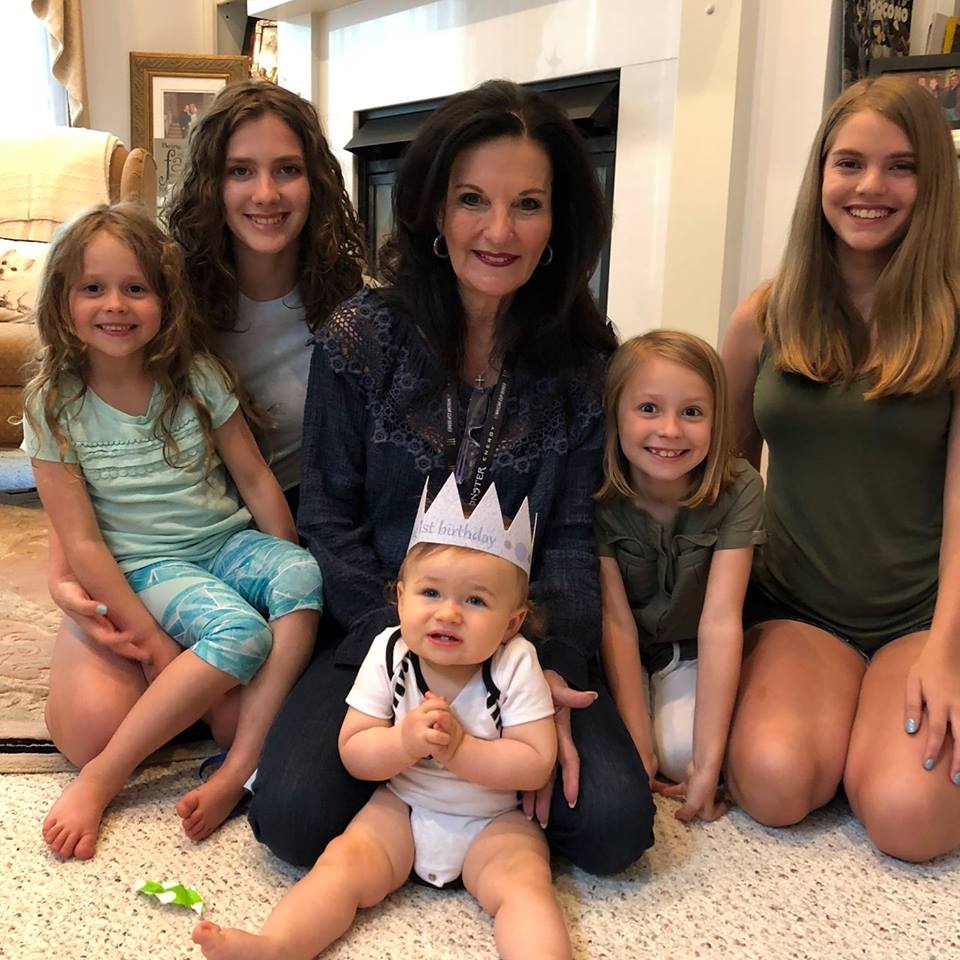How to Navigate Anxiety and Social Skills For a Child With Autism
Autism

Stress is a natural part of raising a family. When you’re raising a child or grandchild with autism, the challenges and stresses are unique and complex in a whole different manner. Because it generally appears earlier in childhood, autism spectrum disorder (ASD) is considered a pervasive developmental disorder. This impairment can make the most mundane tasks, like brushing one’s teeth or even eating breakfast, a challenge. Here are some ways to help address the needs of a child with ASD and improve their overall quality of life.
ANXIETY
Anxiety in a child with autism is an obstacle that you can manage through several practices designed to reduce stress. Because children with ASD can have trouble communicating their emotions, you will need to figure out their anxiety triggers. Common triggers to look for include changes in routine and environment, sensory stimulation, or unfamiliarity. Every child is different, so you might want to consult with your doctor or specialist to identify your child’s triggers.
Once you’ve identified their signals, you can better recognize and anticipate when these situations arise, which will help you prepare your child on how to handle them. You can also use these moments to teach your child to recognize stress so they can identify it themselves and find a solution to address it. Start by putting together a collection of calming practices to help them handle a situation when they feel the triggers of anxiety creep in. Some calming or relaxation strategies might include removing them from the environment, distracting them, providing a sensory environment, or applying pressure.
Anxiety in children with autism can also be treated through the use of CBD oil. A recent study has shown that the non-intoxicating compound affects the receptors in the brain that reduce anxiousness. Using CBD in moderation could be a safer alternative to medication for pain and anxiety. Children might not like the grassy taste and texture of CBD oil, but there is an alternative with gummies. If you’re considering CBD oil, consult with your family’s physician or therapist to see what recommendations they have.
SOCIAL SKILL IMPROVEMENTS
Few things can be more frustrating than watching your child or grandchild struggle to interact with kids their own age. Social communication and interaction skills can be particularly difficult for children with autism to learn, especially in settings where anxiety can quickly overstimulate and cause them to struggle to make a connection. Modeling social interactions, talking through social scenarios, and role playing are a few strategies that you can implement to help your child.
1. Children often learn by observing and imitating their parents, but kids with ASD may not understand what they are observing without verbal reinforcement and having scenarios explained as they happen. When modeling behavior, it helps to describe the event, what happened, and the net result. Doing so allows them to pay attention to things they may struggle to see, such as tone and body language.
2. Rather than wait for real-life situations to arise, you can talk your child through examples on television to help illustrate social behaviors and how to better read people’s body language. This exercise will give you an opportunity to explore and explain interactions between people in a calm environment.
3. And finally, role playing allows you to apply social interactions to hypothetical situations in the comfort of a safe space. Role playing allows your child to build skills with a peer. You can use this practice to provide feedback on socially-appropriate responses while building their self-esteem.
All children are uniquely their own person, but it’s important to remember that children with ASD have special needs. Although there are ways to control their environment, there is no easy way to control every situation. Whether it’s your child or your grandchild, be patient and mindful when addressing their needs. Be on the lookout for any potential anxiety triggers, and work with them as they grow and develop their social skills.
This is a guest post by Jenny Wise
Jenny Wise created Special Home Educator as a forum for sharing her adventures in homeschooling and connecting with other homeschooling families. She is is a homeschooling mom to four children.
Photo Credit: Pexels




